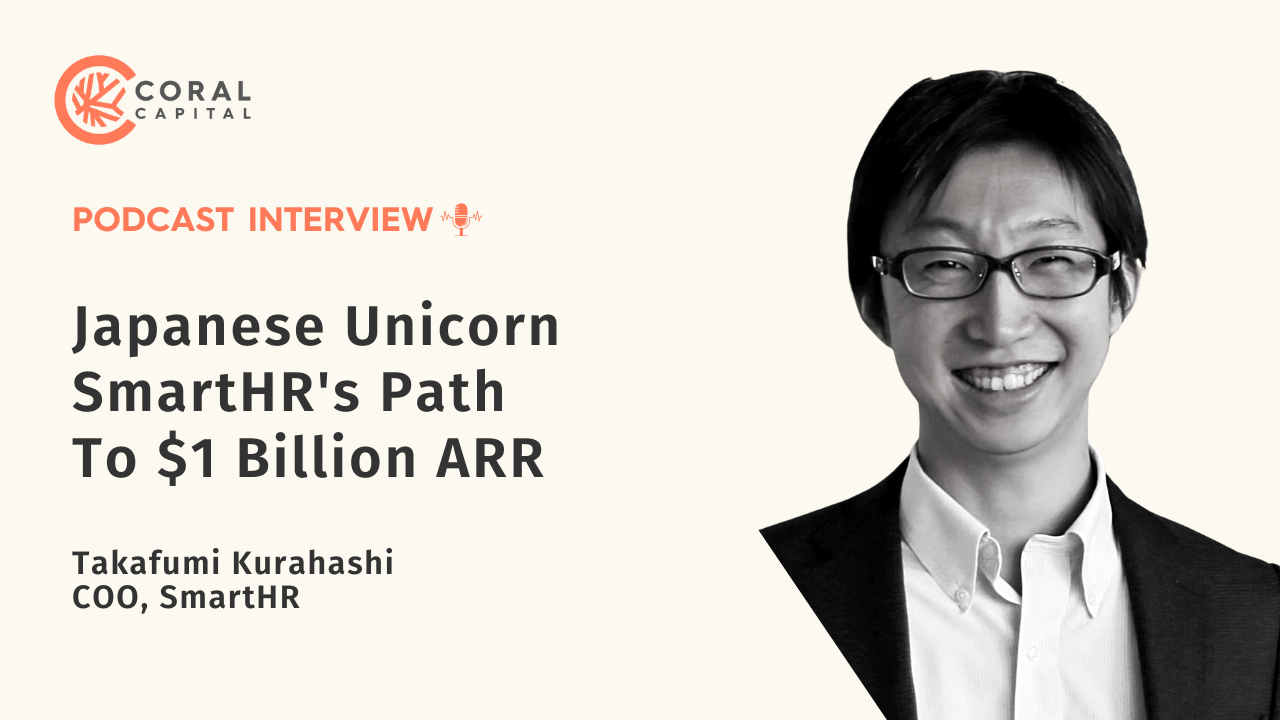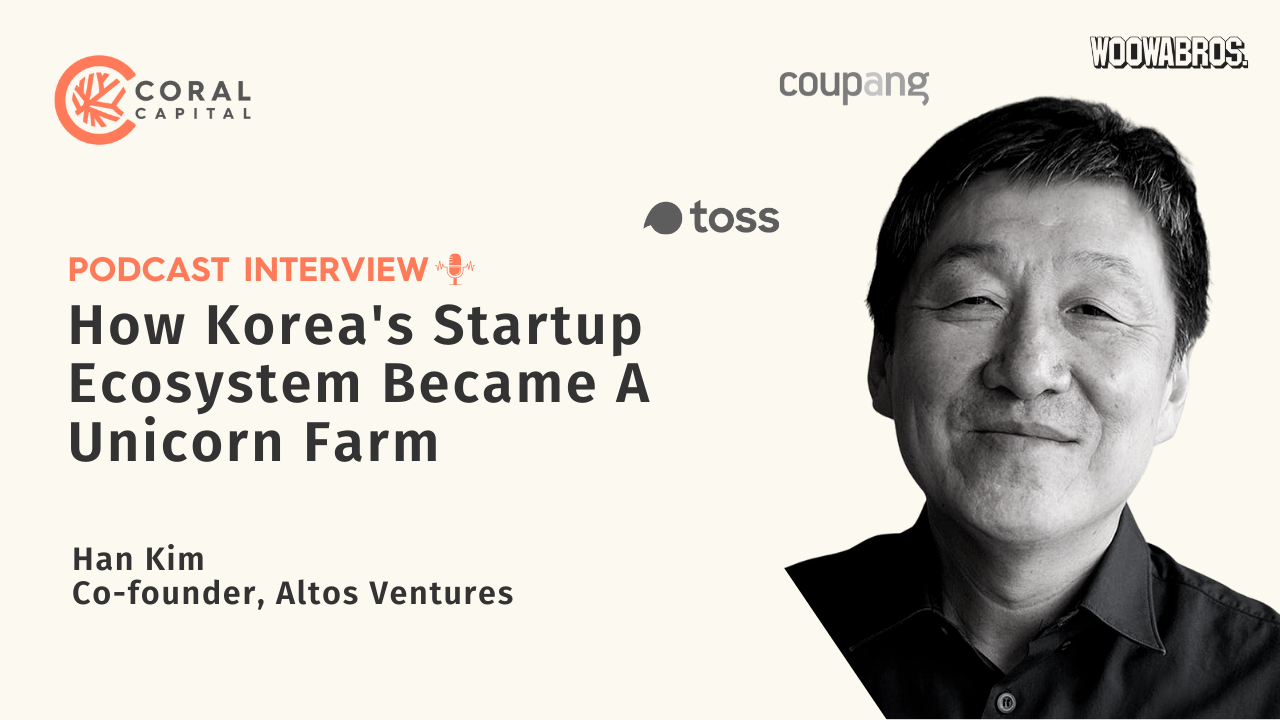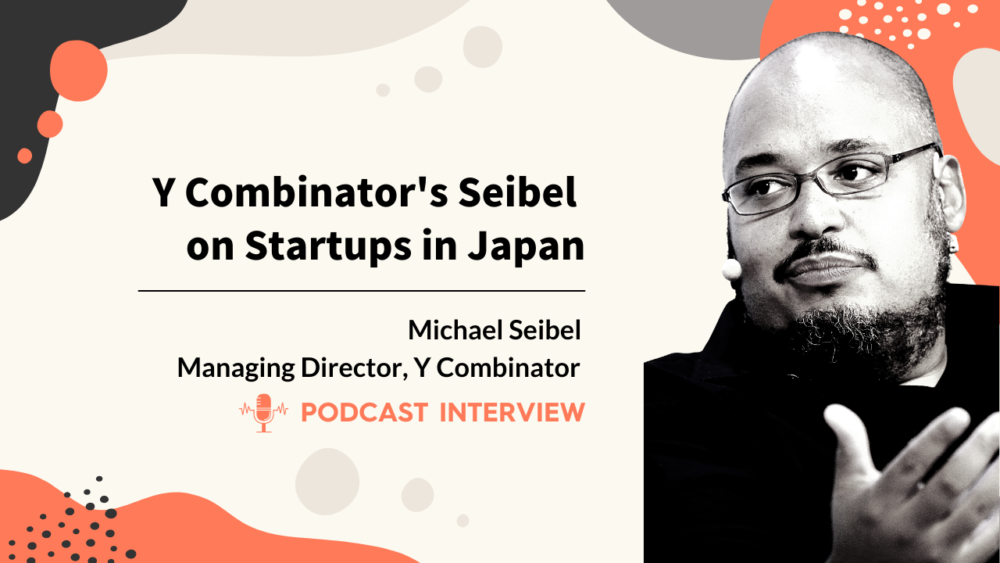If there is one thing I have learned by running a venture capital firm in Japan, it is that most people outside of this country dismiss it as a startup ecosystem entirely. There are a myriad of reasons for this attitude. One is that the startup outcomes in China and the US dwarf Japan. Another is that Japan tends to feel like a blackbox due to the language and cultural barriers. And another is the widespread narrative that there are hardly any outcomes here surpassing a billion dollars. Even a Japanophile like myself has to concede to the first two. The last one, however, deserves a more thorough examination.
One reason behind this common narrative is our obsession with the term “unicorn.” Unicorn startups command disproportionate mindshare, and foreign publications in particular hardly cover startups in Japan unless they reach unicorn status. Note, however, that the term “unicorn” refers to a company valued at over a billion dollars in the private markets.
Historically, if you wanted to raise even $20m+, there were not that many options in Japan other than going public. The double edged sword of the Japanese market is the low listing requirements of the local Mothers Stock Exchange. Startups that by US standards would be around their Series B, both in terms of funds raised and valuation, can go public. In a lot of ways, SPACs do not make much sense in Japan, because the bar to go public is much lower. This option provides liquidity, but it can also stunt growth. Companies that should be focusing on growth tend to feel the pressures of the public markets to focus on profitability much earlier.
The secondary effect of this dynamic was that there were fewer “unicorns.” The issue in Japan has not necessarily been that there were few young companies reaching billion dollar status. The issue has been that many of them went public before becoming unicorns, and then went on to become valued in the billions as public companies. Since they were already public by the time they reached that size, they were no longer technically unicorns. In fact, people no longer even considered them startups.
Consider Raksul, which went public in 2018 at JPY 41.2 billion (~$374m) and is now valued at about JPY 150 billion (~$1.4b). Freee went public in 2019 at JPY 93.2 billion (~$845m) and is now valued at about JPY 500 billion (~$4.5b). Medley went public in the same year at JPY 35.9 billion (~$325m) and is now valued at about JPY 150 billion (~$1.36b). Wealthnavi went public in 2020 at JPY 59 billion (~$535m) and is now valued at about JPY 200 billion (~$1.8b). Plaid also went public last year at JPY 51.7 billion (~$469m), and is now valued at about JPY 120 billion (~$1.1b).
The biggest shock for me was when Base went public in 2019 for JPY 24.9 billion (~$226m). At the time, I couldn’t believe that the “Shopify of Japan” was going public for basically a Series B in the US. They are now valued at JPY 200 billion (~$1.8b).
There have been many more examples like these over the years that have gone unnoticed or been forgotten about because they are no longer considered “unicorns,” much less startups. People seem to forget that an IPO is a financing event. Less capital in Japan has meant that companies here have just exercised this financing option much earlier.
Note that this is one reason why crossover funds have been the first to dip their toes into startup investing in Japan. They have enjoyed the upside of these Japanese startups going public early, and feel comfortable now exploring them as private companies.
With that said, the ecosystem is evolving quickly. As startup funding in Japan has grown over 7x in the last 7 years, the amount of money startups are able to raise in the private markets has ballooned with it. Companies are choosing to forgo going public early, raise larger amounts in the private markets, and aim for multibillion dollar IPOs. This has meant that private market investors like us are now able to tap into that upside that we’ve historically missed.
Last week our portfolio company SmartHR announced that they raised a JPY 15.6 billion (~$143) Series D at a valuation of JPY 170 billion (~$1.6 billion), cementing their status as a “unicorn” in Japan. They are among the 10 startups in Japan valued at over a billion dollars, most of which have raised over $100m in the private markets. This financing round is important for not only its size, but also for what it represents for Japan’s startup ecosystem. It is just the tip of the iceberg.
Founding Partner & CEO @ Coral Capital







